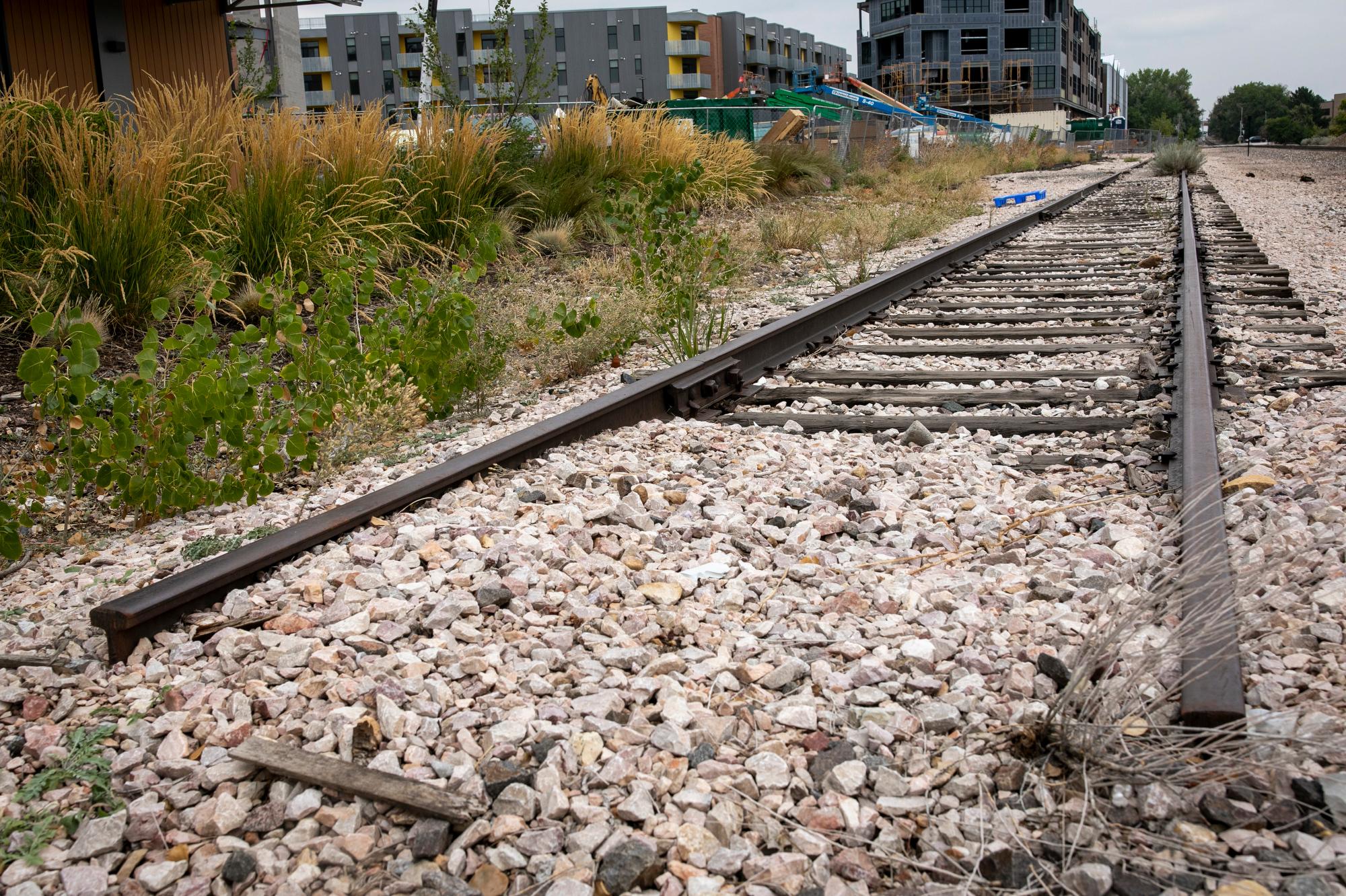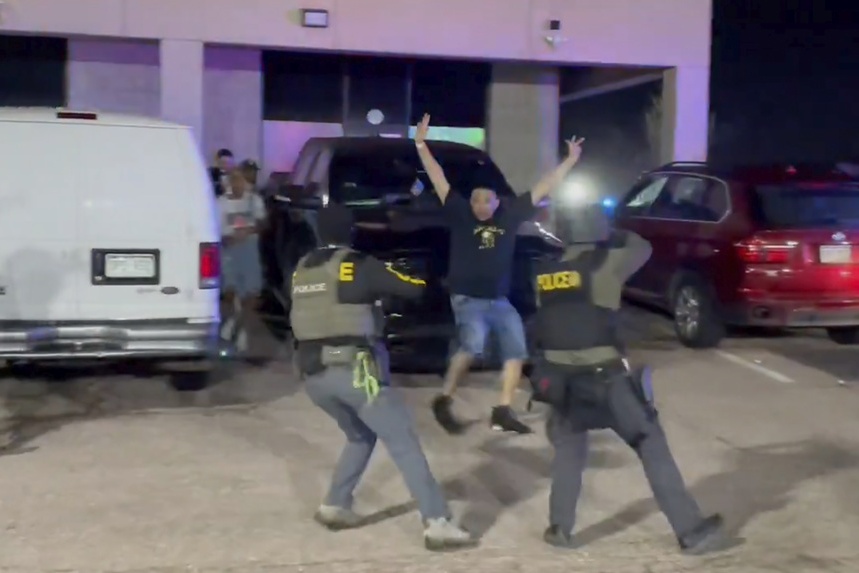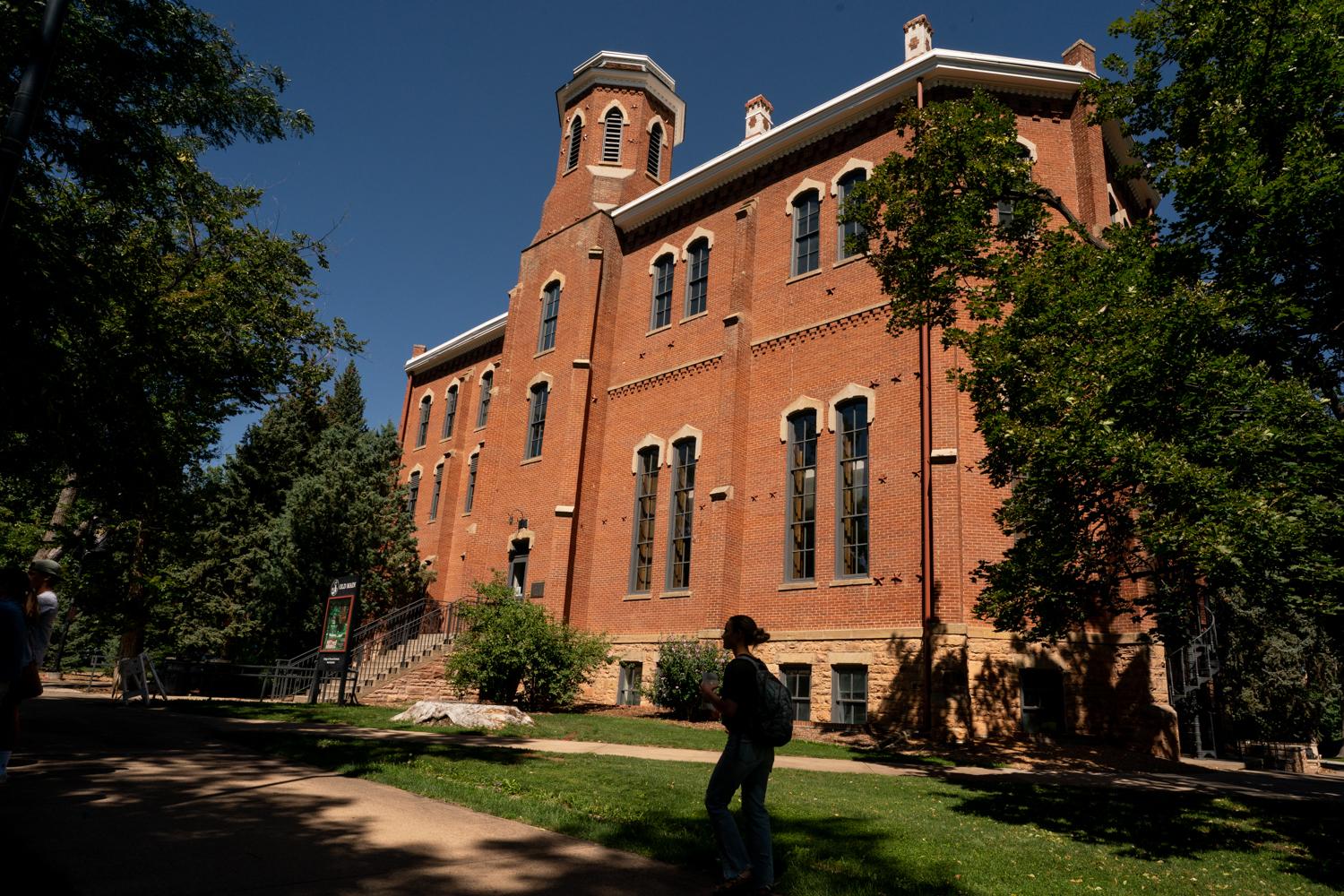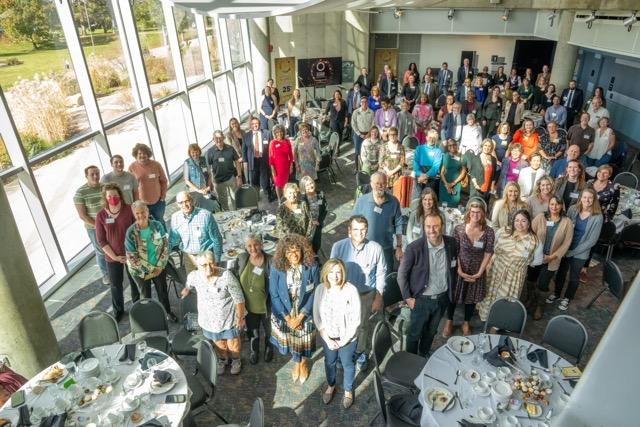
A new government entity that could fund and support a passenger rail line stretching the length of Colorado’s Front Range would be created under a bill that cleared one of its final legislative hurdles on Thursday.
The House passed the bill Thursday afternoon after the Senate gave its approval in May. The legislation will soon go to Gov. Jared Polis, who has been supportive of it after differences between the House and Senate versions are reconciled.
The new entity, a special district, does not yet have any taxing authority. But legislators gave it the power to ask voters within its boundaries to approve a sales tax of up to eight-tenths of a percent, collect fares, issue bonds, use eminent domain and more. The district will parallel Interstate 25 from the New Mexico to Wyoming borders.
“This bill does not make passenger rail happen,” sponsor House Majority Leader Daneya Esgar of Pueblo said on the House floor earlier this week. “This bill is another step toward that completed project.”
The state has been in the early planning stages for a passenger rail line from Fort Collins through the Denver metro, Colorado Springs, Pueblo and perhaps as far as Trinidad for years. Sponsors say this bill, along with some seed money in the larger transportation funding bill, are significant steps in doing more intensive and costly planning work and securing a revenue stream that will be vital to making the line a reality.
“Front Range passenger rail is a dream folks have had for a while,” said sponsor state Rep. Matt Gray, D-Broomfield. “But dreams that involve large logistical construction projects don’t come true automatically.”
State leaders also are trying to capitalize on Amtrak’s expressed desire in helping fund and run a new line.
The bill passed on a party-line vote, with Democrats in favor and Republicans opposed.
Some Republicans complained that a new taxing district could lock communities into paying for a rail line they may not want.
“This bill will allow the voters in a higher population district, that may want this more than my district, to outvote my citizens,” said state Rep. Patrick Neville, R-Castle Rock. “What this would be the equivalent to is two wolves and a lamb voting on what to eat for lunch. And Castle Rock would be the lunch.”
Neville said Castle Rock voters made a wise decision in 2005 to leave the Regional Transportation District, the Denver metro’s public transit provider, saying the town is better able to offer the type of transit service its residents need.
Other Republicans said the existing RTD passenger trains, which mostly hug highways and freight rail corridors through relatively low-density areas, are often empty. Local officials in conservative El Paso and Douglas counties have also opposed the bill, citing its potentially high costs — early estimates are in the billions of dollars.
RTD’s failure to finish its multi-billion-dollar FasTracks initiative is also causing doubt.
“I'm concerned that the money we generate could be used to pay for the light rail connection from Denver to Boulder that was never completed,” said El Paso Commissioner Holly Williams in May.
RTD and the Front Range rail commission hope they can work together to complete both the unfinished B Line to Boulder and Longmont and a new line stretching the length of the Front Range.
"We recognize we can help the state and Front Range Passenger Rail,” RTD’s Bill Van Meter said in February. “And we recognize, in return, that can help us advance our FasTracks priorities."








